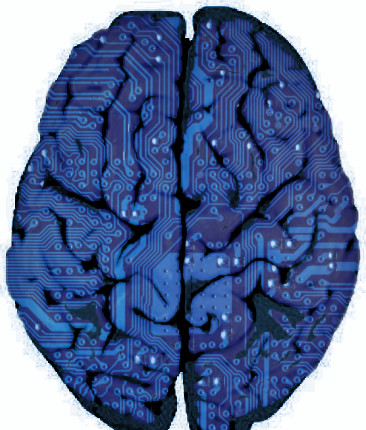DeepSeek sees government bans
 The Australian Government has banned all DeepSeek products, applications, and web services from government systems and devices.
The Australian Government has banned all DeepSeek products, applications, and web services from government systems and devices.
Citing national security concerns, a directive has been issued under the Protective Security Policy Framework (PSPF), requiring all non-corporate Commonwealth entities to remove existing instances of the newly-released generative AI suite DeepSeek, and prevent future installations.
“I have determined that the use of DeepSeek products, applications, and web services poses an unacceptable level of security risk to the Australian Government,” said Stephanie Foster, Secretary of the Department of Home Affairs.
The directive highlights concerns over DeepSeek’s data collection practices and the potential for foreign government influence conflicting with Australian law.
The ban, effective from 4 February 2025, applies to a broad range of government institutions, including the Australian Electoral Commission and the Bureau of Meteorology.
However, it does not extend to private citizens or corporate government entities such as Australia Post.
Exemptions may be granted in cases where DeepSeek is essential for national security or regulatory functions, but strict risk mitigations must be in place.
Government bodies must report compliance with the directive to the Department of Home Affairs.
The South Australian Government has also swiftly implemented a similar ban, blocking DeepSeek from state government networks.
“This is a necessary and prudent measure to protect the security of government information,” said SA Treasurer Stephen Mullighan.
The New South Wales Department of Customer Service has reportedly banned the new Large Language Model (LLM) too.
Australia’s move follows restrictions on Chinese technology by other countries, including Italy and South Korea.
Taiwan also recently prohibited government use of DeepSeek, and the United States is reportedly reviewing the security implications of the AI platform.
China has criticised Australia’s ban, calling it the “politicisation of economic, trade and technological issues” and denying that DeepSeek is used for data collection on behalf of its government.
It is important to note that the subject of the ban is the DeepSeek app, not the AI model that underpins it.
“The app has been banned because it comes from China, not because of anything particular that it does,” said Professor Anton Van den Hengel, Director of the Centre for Augmented Reasoning, at the University of Adelaide’s Australian Institute for Machine Learning .
“TikTok was banned from government devices for the same reason.
“The DeepSeek AI model is open source, and this means that anyone can download it, and have a look at the code.
“If there was code in there doing unethical things then people would have found it by now. “The fact that it is open source means that people can run their own copy, and they don't have to send their data to a multinational.
“DeepSeek has thus given everyone free access to some of the most powerful AI on the planet.
“What DeepSeek means for Australia is that it's possible for a small company, or country, to compete with the best AI in the world, through good science and engineering. It makes it even clearer than before that there's a place for us in the AI race.”








 Print
Print